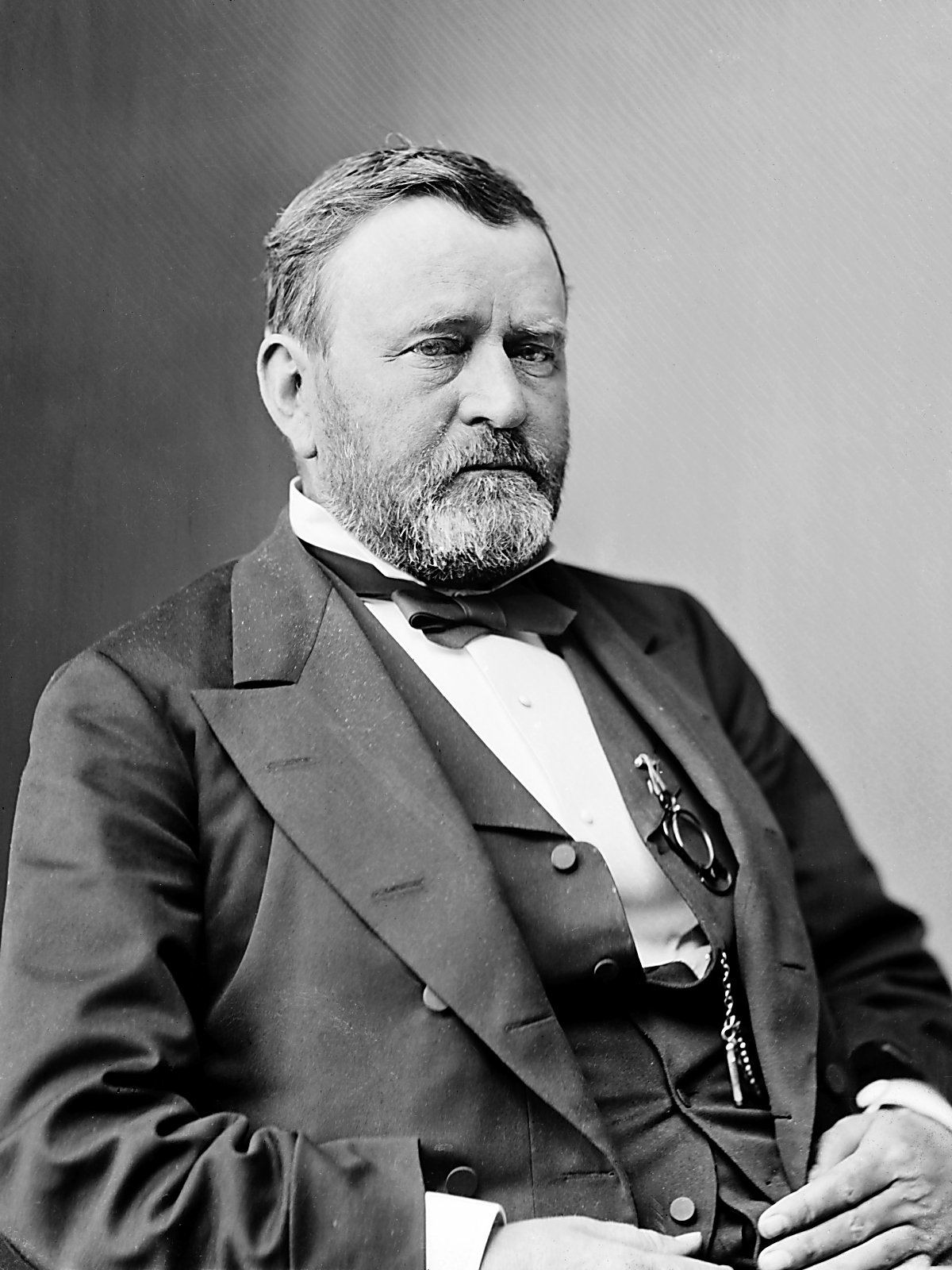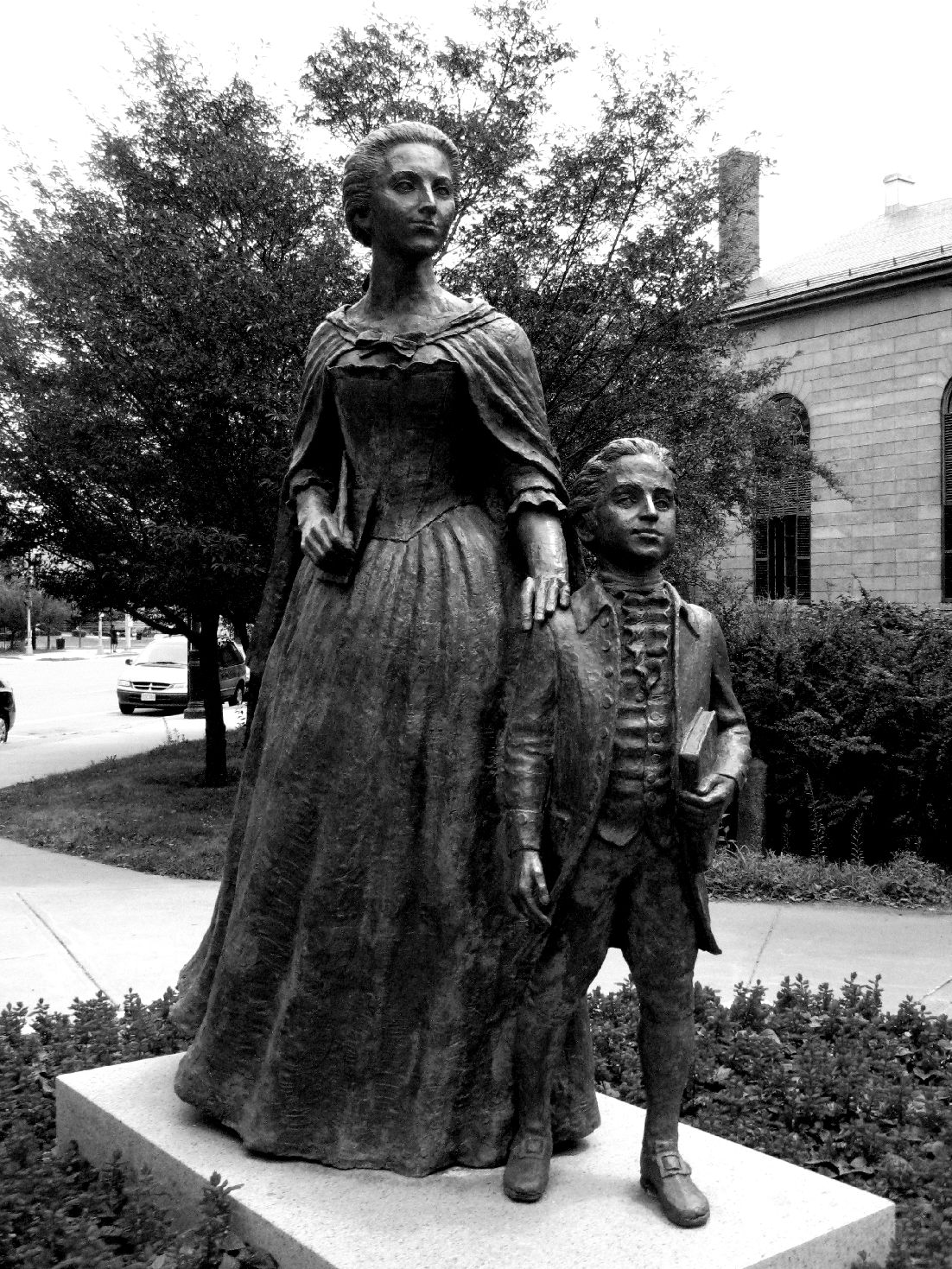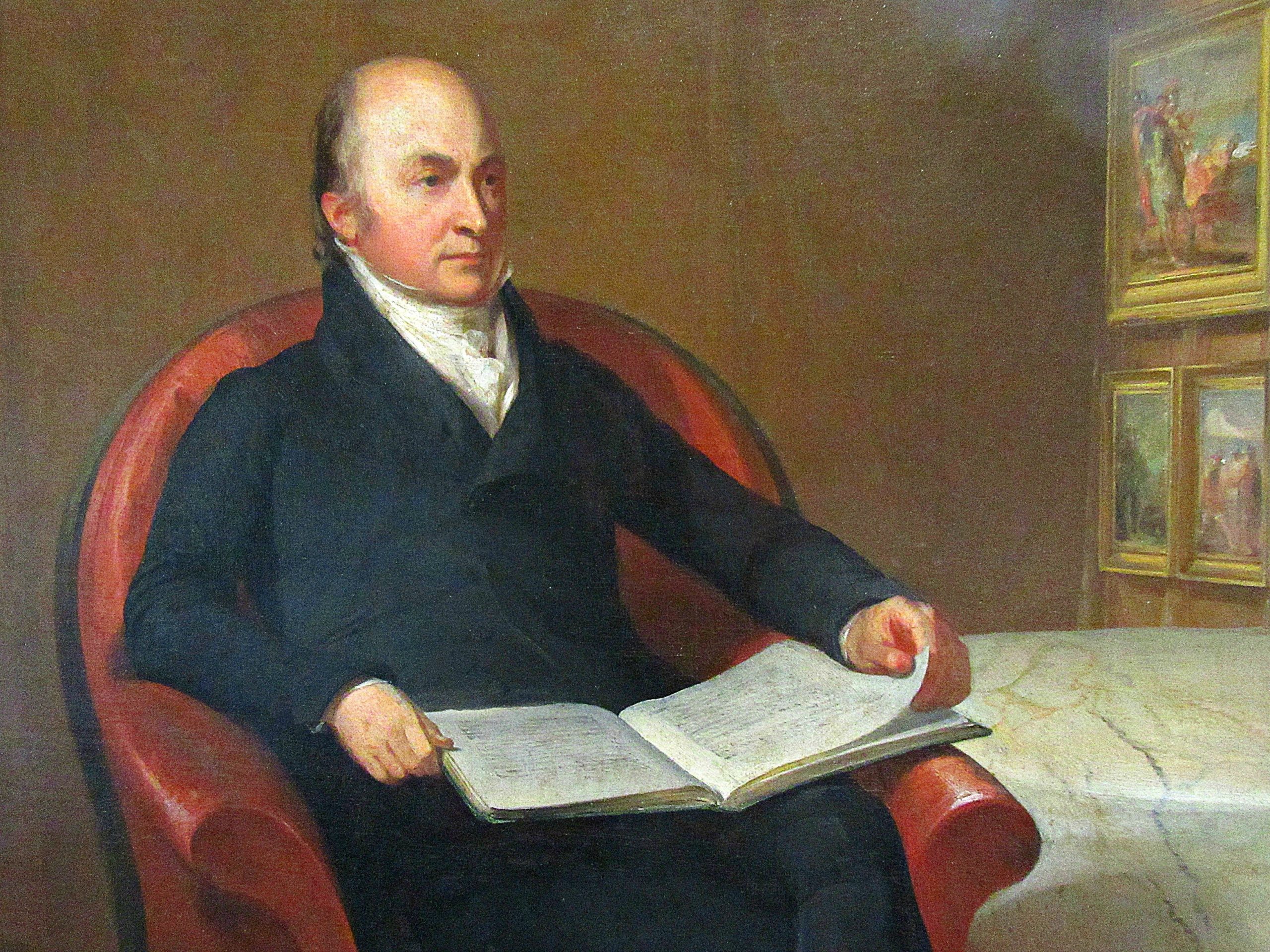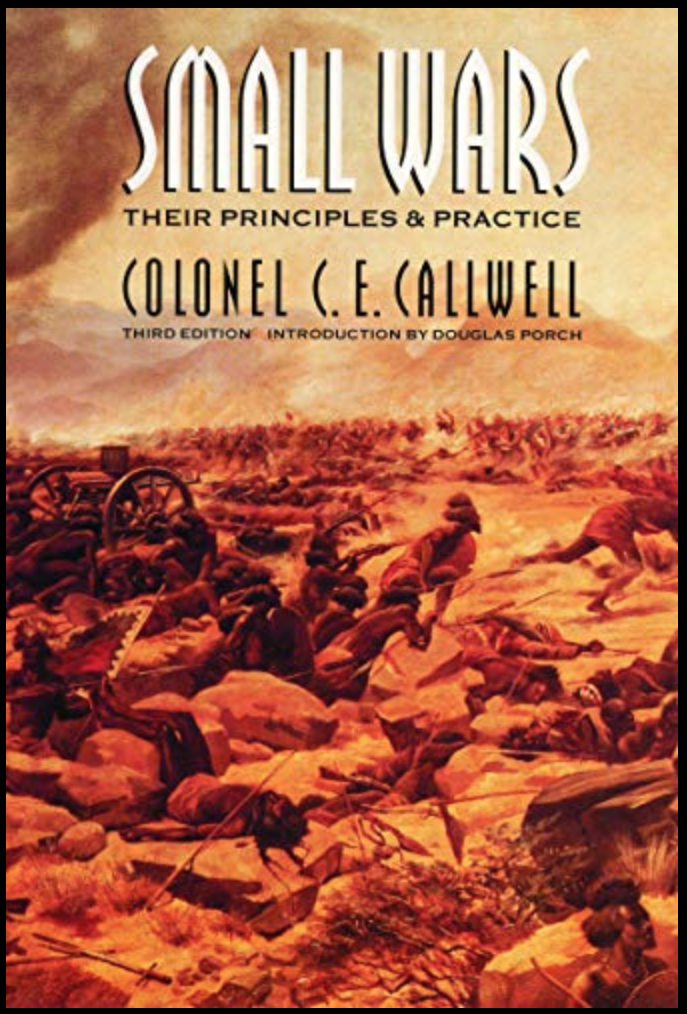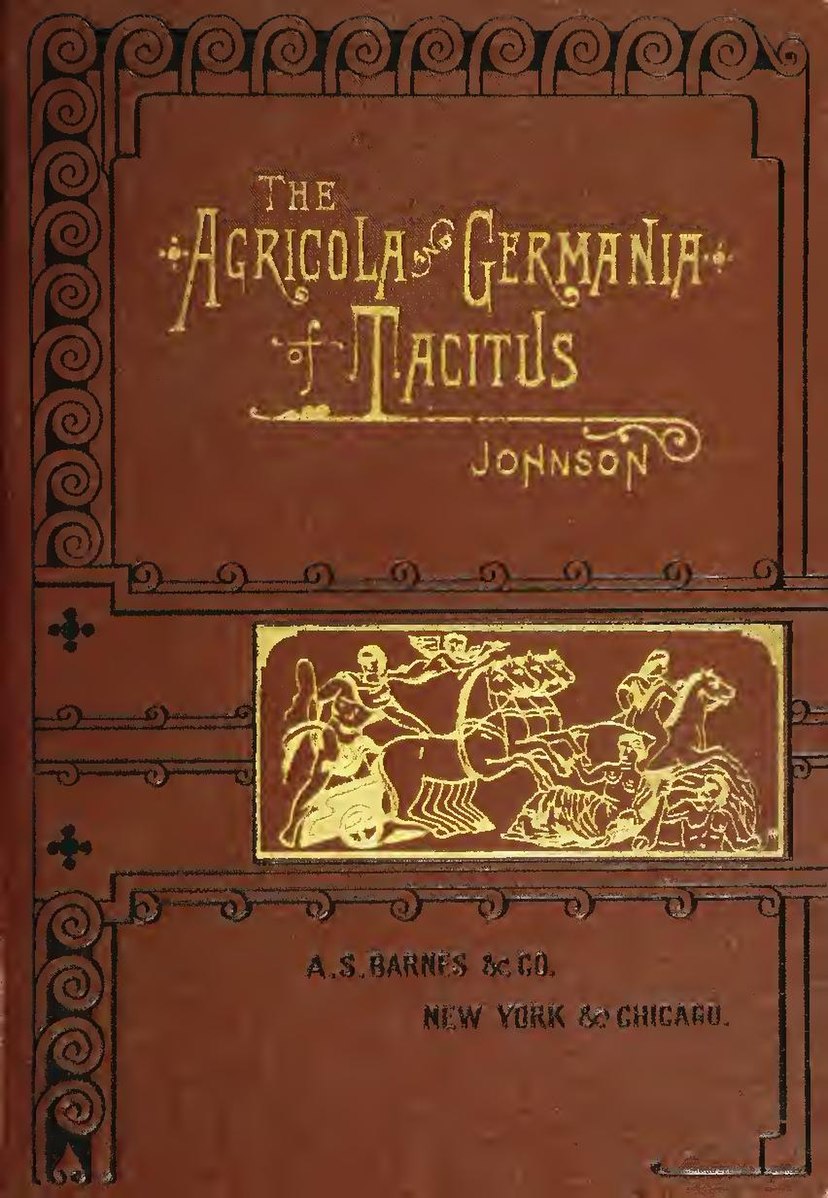Military Education and Mentorship: Fox Conner and Dwight Eisenhower
Mentoring future officers in the higher realms of strategy is a topic of much discussion within the military community, especially in terms of the applicability of the Classics, and literature more generally. A recently published collection of essays, Pershing's Lieutenants, catalogues important figures who served under General John J. Pershing in World War I, ranging from Marshall, Patton, and MacArthur to Captain Harry Truman. My initial impression is that the essay authors don’t always demonstrate the way in which the experience of the individuals in World War I affected their particular approach to and during World War II — which would have been of the most interest; however, this judgment is admittedly not based on a full read of the book. One of the figures featured in the volume drew my especial interest — General Fox Conner—because of his well-known role in mentoring younger officers, Dwight Eisenhower in particular.


